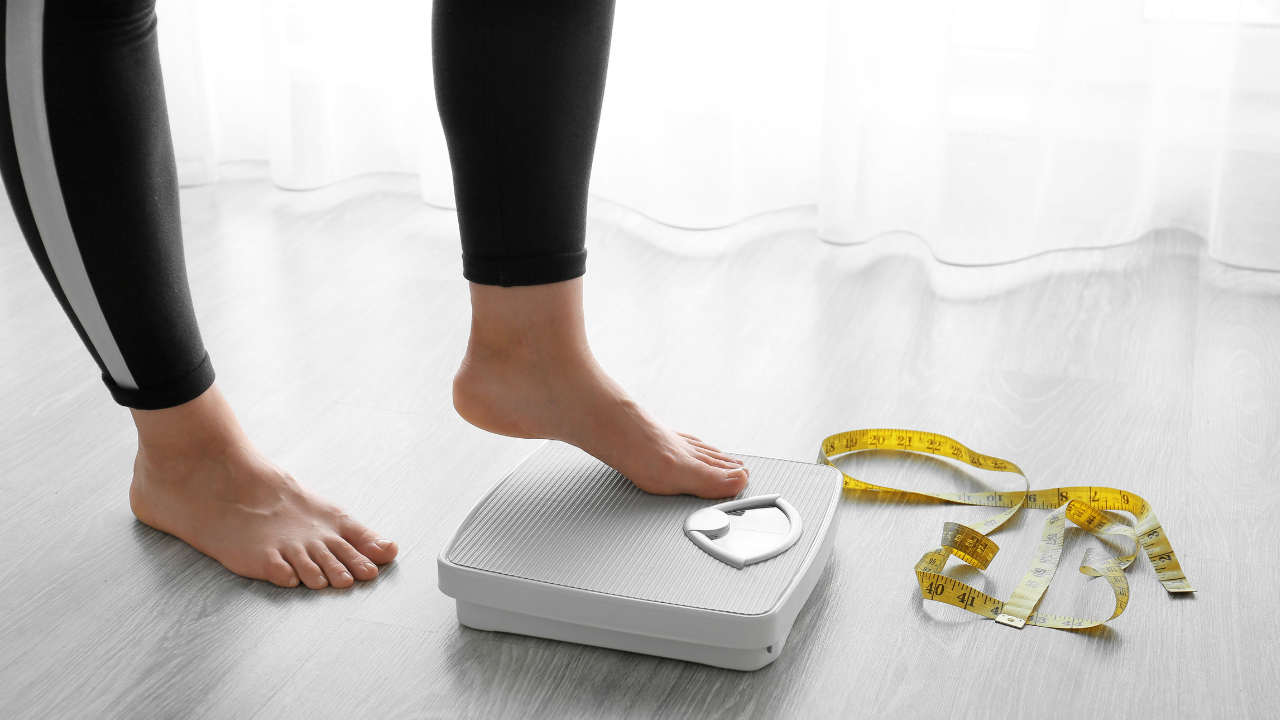
17 Jul How to Reverse Type 2 Diabetes: Why It’s Hard to Lose Weight After Menopause
Many women struggle with weight gain after menopause and wonder why losing weight becomes increasingly difficult. Hormonal changes, decreased muscle mass, slower metabolism, and shifts in fat distribution all play a role. In this article, we explore why these changes happen and how adopting specific strategies can support how to reverse type 2 diabetes and promote sustainable weight loss.
What Hormonal Changes Make Weight Loss More Challenging After Menopause?
During menopause, oestrogen levels decline, which affects fat distribution and metabolism. Fat tends to accumulate around the abdomen, increasing the risk of visceral fat. Combined with reduced muscle mass and energy levels, these changes make it harder to burn calories efficiently and maintain a healthy weight.

How Can a Low-Carbohydrate Diet Support Post-Menopausal Weight Loss?
Reducing carbohydrate intake can help regulate blood sugar and improve insulin sensitivity. This is particularly important for women at risk of type 2 diabetes. A low-carbohydrate approach helps in several ways:
- Improved Insulin Sensitivity and Blood Sugar Control: Stabilizing blood sugar levels reduces insulin resistance and helps maintain a healthy weight.
- Enhanced Weight Loss and Maintenance: Increased satiety from protein and healthy fats reduces cravings and supports sustainable weight management.
- Increased Fat Burning and Metabolic Flexibility: The body switches from using glucose to stored fat as a primary fuel source, improving body composition.
- Appetite Control and Reduced Cravings: Protein and healthy fats regulate hunger hormones, helping to curb overeating.
- Impact on Cardiovascular Health: Low-carb diets improve triglyceride levels, increase HDL cholesterol, and support heart health.
- Increased Energy and Mental Clarity: Avoiding blood sugar spikes helps maintain steady energy levels and cognitive function.
Why Is Exercise Crucial for Weight Loss After Menopause?
With muscle mass naturally declining with age, regular exercise is essential. Strength training helps preserve and build muscle, boosting metabolism. Gentle classes like yoga or Pilates can also provide strength, flexibility, and mindfulness benefits.
Cardiovascular exercises such as brisk walking, cycling, swimming, or dancing enhance calorie burn, heart health, and overall fitness. Choosing enjoyable activities ensures consistency and long-term adherence.

How Does Mindset and Self-Care Influence Weight Management?
Emotional well-being is a critical component of post-menopausal health. A positive mindset and self-care practices help women stay motivated and resilient:
- Celebrate non-scale victories and track progress.
- Practice self-compassion and focus on long-term goals.
- Engage in meditation, journaling, nature walks, hobbies, or social connections.
- Surround yourself with supportive friends and family for encouragement.
Where Can I Learn More About Reversing Type 2 Diabetes Naturally?
For additional guidance on blood sugar management and lifestyle strategies to reverse type 2 diabetes, explore Dr Nerys’ 3-Part Health Breakthrough Video Series and download your free Blood Sugar Guide.
Conclusion: How to Reverse Type 2 Diabetes Through Post-Menopausal Lifestyle Changes
Weight loss after menopause is challenging but achievable. Combining a low-carbohydrate diet, regular exercise, and positive self-care can improve insulin sensitivity, reduce abdominal fat, and enhance overall well-being. By making these lifestyle adjustments, women can take actionable steps toward reversing type 2 diabetes and maintaining long-term health.
